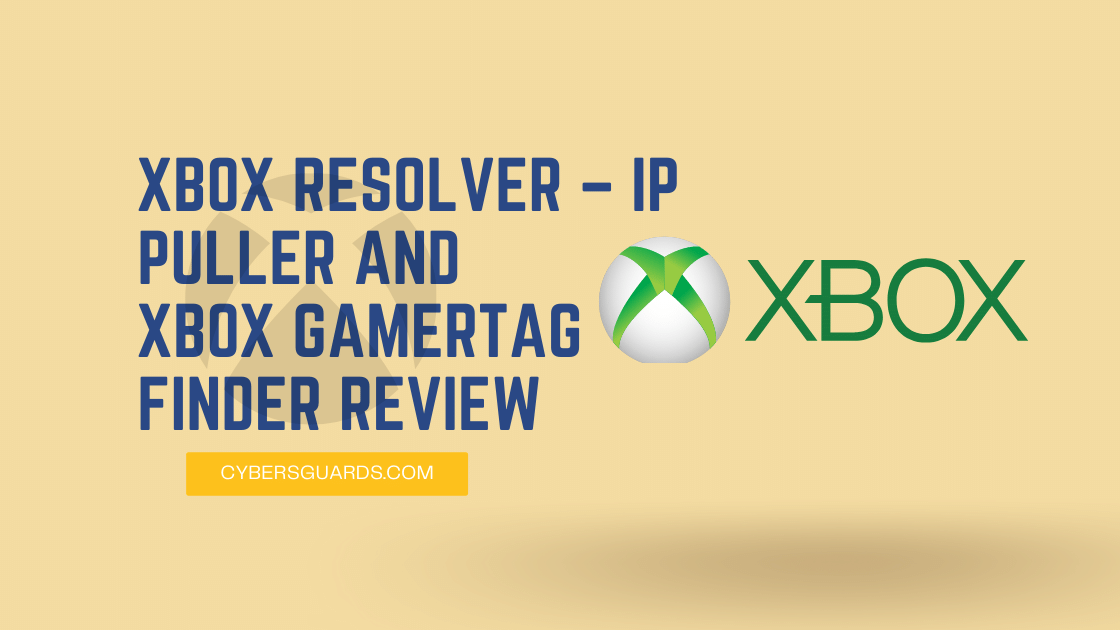Laptops have become essential devices for working from home and keeping connected on the move. This handy portable computing power is what keeps much of the world connected today.
From quick messaging friends and family to a long, relaxed session at a leading online gaming site like 777casino, a laptop has become one of today’s major digital tools.
But the cyber experts are also warning us that at the same time a laptop has become one of the most vulnerable and dangerous portals to the outside world.
The global internet is a dangerous environment – it’s full of the risks of hackers, malware, viruses – and the danger of plain and simple theft.
Whether you are a digital nomad managing an investment portfolio from a beach in the Caribbean or simply sitting on your sofa checking the sports results, a laptop can be your best digital friend. But amid the world of booming cyber crime your portable pal comes with a host of risks too.
The best methods for keeping your laptop secure
The experts recommend these key steps to maintaining laptop security:
1. Use a firewall
If you use Windows there is already a firewall built in. Normally this is automatically on – but it’s worth checking.
Also be sure that all automatic updates of software and virus protections are turned on so your software will be kept abreast of all the latest ways of dealing with new threats. Windows users will have Windows Security or Windows Defender Security Centre installed and should check it is turned on.
2. Use passwords
Secure everything you can with passwords. Make sure these are strong passwords and change them regularly. If you keep a record of passwords, make sure it is very well protected.
How about using a lock screen, secured by a password that only you know? Then if your device is stolen or mislaid no-one else can access your data.
3. Browse carefully
Any sites that have suspicious content should be avoided. If your browser warns you about a site then it’s definitely wise not to proceed to it.
Try to avoid any site that might harbour malware or strange downloads. These could seriously infect your laptop.
Ensure that the browser you use is fully specified and up-to-date with the latest systems designed to block malicious websites.
4. Open with care
Beware of any unexpected attachments or unexpected links in messages that arrive on your laptop. These may be included in emails, tweets, posts, adverts, messages or attachments – but could be disguised as trusted sources.
Always remember that anything you open may contain a harmful virus or malware. Don’t click unless you are sure it’s safe.
5. Keep away from pirates
Be very cautious about downloading or streaming any films, music, books, podcasts, messages or software from unfamiliar sites onto your laptop. Try to always use trusted sources like the Google Play Store or the App Store.
The established sites will take great care to prevent anything malicious being transferred. A less established or reputable site may not take the same care.
6. Beware external sources
Be careful of using any external drives. If you plug an unknown USB stick into your laptop you run the risk of introducing something unwanted into your system.
So try to only use memory sticks that you own and can vouch for. Make sure all material you introduce to your laptop has come from a trusted source.
7. Protect your personal data
Maintaining your total privacy in today’s internet is very hard.
You are constantly asked for personal details to verify transactions and identities. But try to limit the amount of personal information you post online and ensure you know who has access to that information.
Hackers and identity thieves are constantly scouring the internet for personal data that they can then use to commit cyber crimes.
8. Look out for scams
Whenever you use your laptop to read emails or browse websites keep an eye out for deals that look too good to be true or strange unexpected offers. Scams can happen at the least expected times and places.
Beware on social media too, there are plenty of users trying to access personal data, financial details and passwords. Particularly look out for ‘phishing’ messages that are trying to ‘fish’ for data by asking for your details.
In conclusion, whether you use a company laptop full of valuable business assets or your own laptop packed with your own sensitive information, be aware of the risks of operating in today’s digital world.
Laptops are full of data, passwords and identity information that make them attractive to criminals looking for security blindspots.
So beware all interactions with the outside world and of course, take care with the physical security of your laptop. Experts warn that a laptop that is your best friend one day can quickly turn into a very troublesome companion the next.











FIND US ON SOCIALS